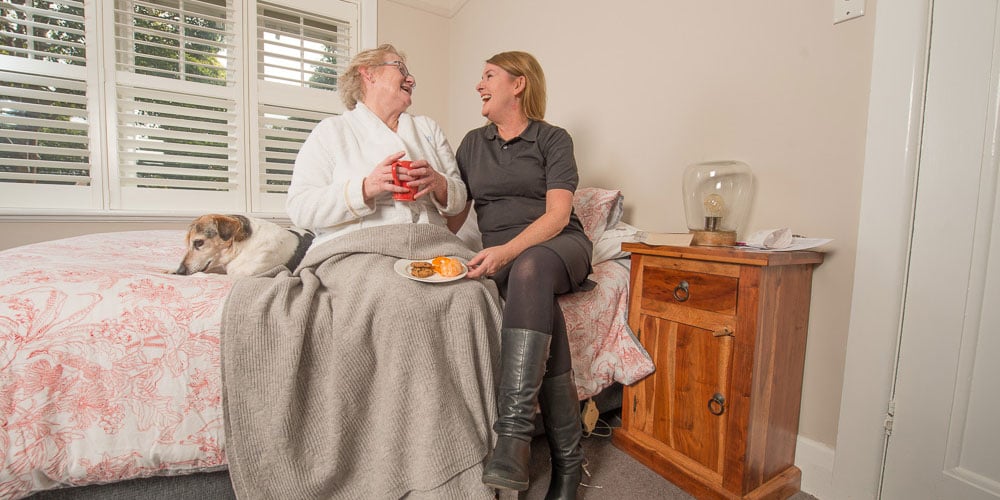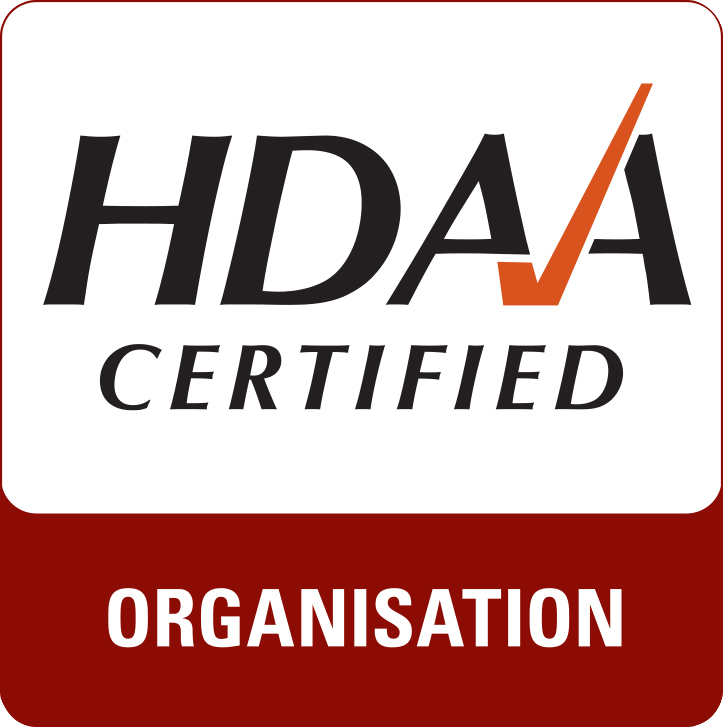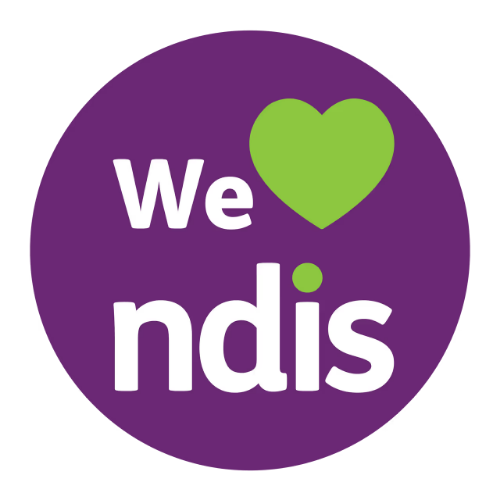There are many moving parts when it comes to getting an NDIS plan. You need to think about how to get the most out of your budget allocation, and whether the supports will meet your goals and what you want to achieve. And, because it’s still relatively new, there is a tonne of information to sift through. Sometimes, it can feel overwhelming.
No stress, though! We’ve outlined what you can expect at your meeting, and what you should do prior to attending the meeting. This way, you can be completely prepared for your NDIS planning meeting.
What is a planning meeting?
You can choose to apply for your NDIS plan by yourself, but to get the most out of the budget allocation, we recommend attending a planning meeting. At the meeting, an NDIS professional will ask you questions regarding:
- Your personal details
- Your community and any existing supports
- Managing everyday activities
- Safety, including equipment and accommodation or transport
- Your goals
- How to manage your plan
- Which supports you need to use your NDIS plan
Tips on how to prepare and what to bring to your NDIS planning meeting
Establish your goals before the meeting
Your goals will shape your entire NDIS plan. So you’ll need to give a lot of thought to what you value, and what’s important. Goals can include things like:
- Undergoing education
- Obtaining a job
- Moving up the ladder in your current job
- Maintaining a connection with your family and friends
- Establishing a connection with the community
Goals can be seemingly small things or your greatest passion. It’s entirely up to you. They can be short, medium, and long-term goals.
Define your needs
Every person is different. Sometimes, NDIS participants may require mobility and transport supports more than at-home supports. Assess your current lifestyle needs and physical requirements. Think about the answer to questions like:
- Do you currently receive supports from the government or community?
- Are these supports working for you? If not, why?
- What supports could work better?
- Do you need more or less of these supports?
Ask someone to come with you
You’re encouraged to bring anyone you like to support you during your meeting. It can be helpful to get family on board, so they understand what it is you’re seeking from your plan. This way, your family and support people can understand how your plan will work for you. Alternately, you can go on your own! You can even organise to bring in a pet companion if it’s a registered therapy animal.
Write your questions down
Whenever a question pops into your mind, write it down. Collect your questions, and bring them to the planning meeting. There’s a lot to discuss in the planning meeting, so it’s easy to forget what you wanted to ask. In the weeks leading up to your meeting, write down questions as they pop into your head. Keep them in one place — like in a note on your phone, or you can use an app like Evernote to keep track.
Some questions many people have are:
- Can I change my NDIS plan once it’s been approved?
- What can I use my funding for?
- How long after my planning meeting will I receive my final plan?
- Once my new plan is approved, when do my old services and funding stop?
- When I have my plan reviewed, do I have to prove my eligibility again?
Bring relevant documents to the meeting
You’ll need to bring a range of documents and forms to support your application for an NDIS plan. Types of documents can include:
- Your Client Support Plan (CSP)
- Your bank account details
- Your myGov login and password details
- Supporting letters from a GP or therapist
- Information about a current service provider
What happens next?
When your NDIS plan gets approved, you’ll need to understand the different elements of your plan. The budget is broken into different sections:
- Core Supports covers daily activities, current disability-related needs, and supports which help you work towards your goals
- Capacity Building Supports help you build independence and grow your skillset so you can reach your long-term goals
- Capital Supports cover higher-cost assistive technology, equipment, or home and vehicle modifications necessary
You’ll have a certain amount allocated for each section, which is broken down further for individual supports and activities within each section. Once you’ve chosen your service provider, you can start using your plan to achieve your goals!
Absolute Care & Health is a registered NDIS service provider, staffed by trained and experienced support workers. They can help you achieve your goals and facilitate your supports. Contact Absolute Care & Health for more information.






